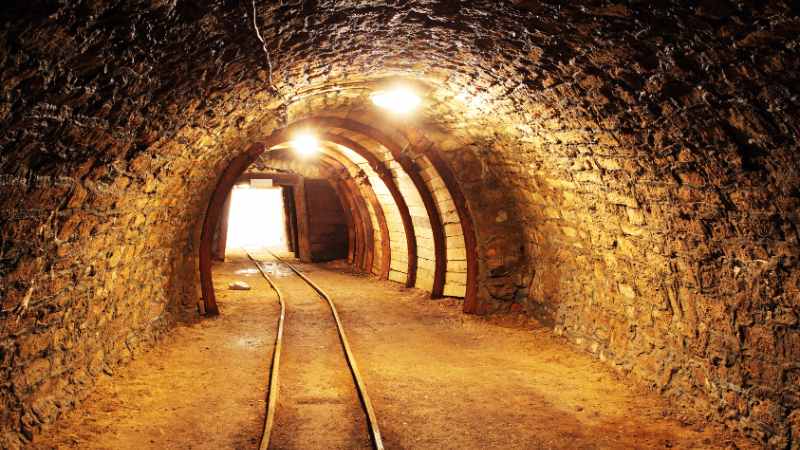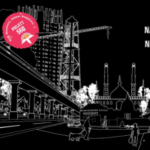
Bengaluru, India: A petition by a concerned citizen is urging the Karnataka government to abandon plans to build a 3-kilometer tunnel road between Mehkri Circle and Hebbal Flyover, citing numerous concerns about its necessity, cost-effectiveness, and potential negative impacts. More than 500 people have signed the petition so far.
Petitioners argue that the tunnel is unnecessary:
- The existing road is already wide and includes service roads and underpasses, making it relatively efficient.
- The planned project overlaps with several upcoming public transport initiatives, including a Metro line and a suburban railway, which are expected to significantly reduce traffic congestion by 2027.
- Building the tunnel would be disruptive and expensive, costing an estimated Rs. 1500 crore, which could be used more effectively to improve public transport.
Concerns raised by the petition:
- The tunnel may not be suitable for Bengaluru’s diverse vehicle mix, which is dominated by two-wheelers.
- Construction would disrupt traffic for years and pose environmental challenges due to its proximity to Hebbal Lake.
- Tolls would likely be implemented, making the tunnel an exclusive and non-inclusive mode of commute.
Petitioners propose alternative solutions:
- Focus on improving public transport infrastructure, including buses, metros, and suburban railways.
- Discourage private vehicle ownership and usage through policy measures.
- Enhance pedestrian and cycling infrastructure.
- Prioritize the completion of ongoing projects like the Ejipura Flyover.
The petition by Rajkumar Dugar of Citizens For Citizens (C4C) emphasizes the need for sustainable solutions that address the root causes of traffic congestion and promote a more inclusive and environmentally friendly transportation system in Bengaluru.
Bengaluru’s Tunnel Conundrum: A Solution or a Mirage?
Bengaluru, India’s “IT capital,” is grappling with a severe traffic congestion problem. To address this, the Karnataka government has proposed a bold solution: constructing a 190-kilometer network of underground tunnels. While proponents hail it as a game-changer, critics raise concerns about its viability and potential drawbacks.
The Proposition:
The project, estimated to cost a staggering Rs. 50,000 crore, aims to bypass congested surface roads by creating dedicated underground lanes for vehicles. This, according to the government, will decongest the city, reduce travel time, and improve air quality. Additionally, proponents argue that the project will not require land acquisition or disrupt existing infrastructure, minimizing inconvenience to residents.
The Concerns:
However, the proposal has drawn considerable criticism. Experts question the cost-effectiveness of such a massive undertaking, especially considering the city’s already-strained finances. Concerns also exist regarding the environmental impact of construction activities and the long-term sustainability of maintaining such an extensive network. Critics argue that funds could be better directed towards improving existing public transportation systems like buses and metros, which are known to be more efficient in reducing traffic congestion in the long run.
The Uncertain Future:
The project is currently in its initial stages, with feasibility studies and tendering processes underway. The government is actively seeking private partnerships to help finance and execute the plan. However, amidst rising concerns and public scrutiny, the future of the tunnel project remains uncertain.
The Conclusion:
While the idea of underground tunnels might seem like a cutting-edge solution, it’s crucial to weigh the potential benefits against the immense costs and potential drawbacks. A thorough evaluation and open dialogue involving all stakeholders – government, experts, and citizens – is essential before embarking on such a large-scale and transformative project. Only by carefully considering all aspects can Bengaluru determine if the proposed tunnel network is truly a path towards decongestion or merely a pipe dream.



